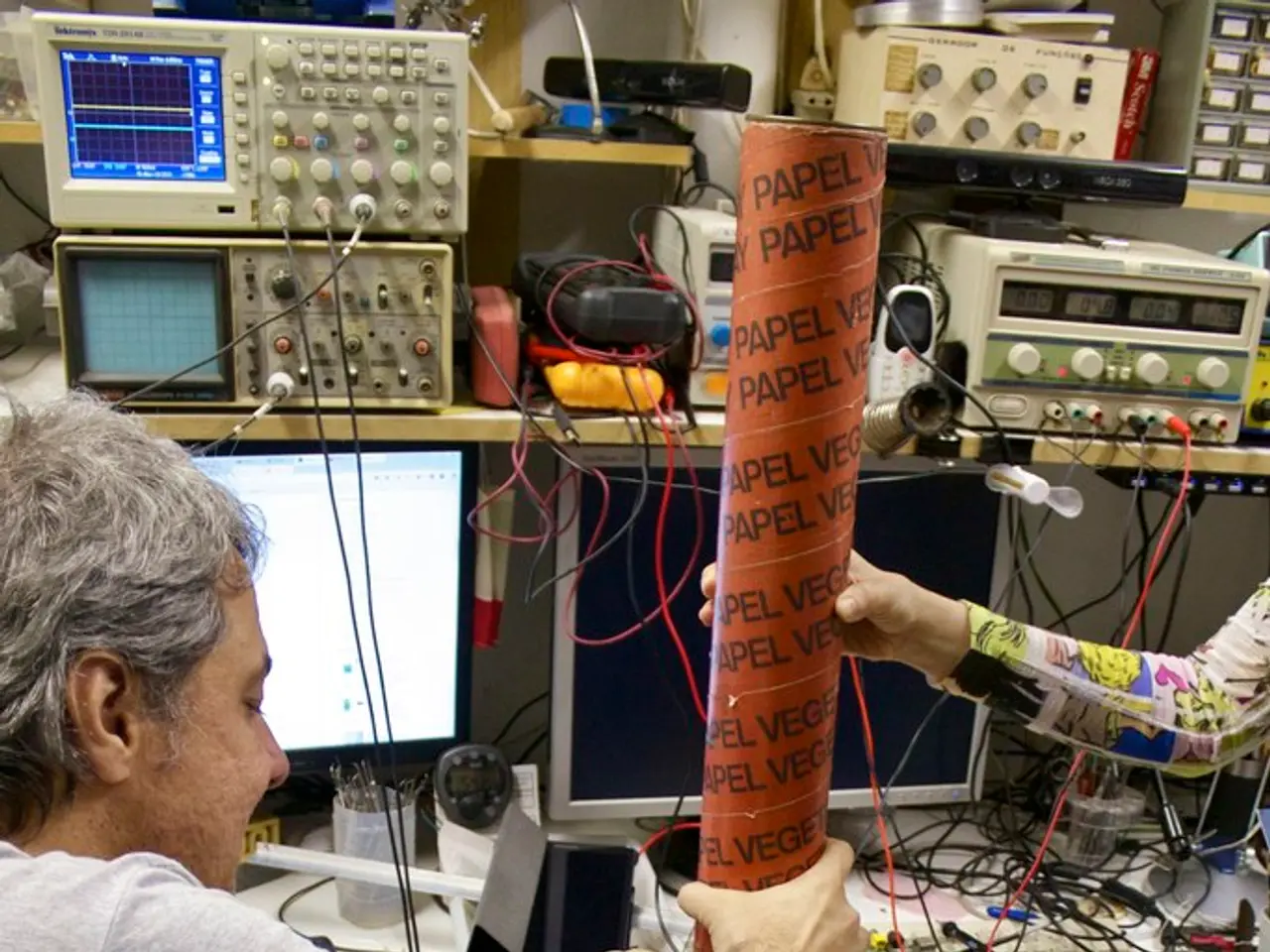Incentivizing Productivity Through Engagement: HR's Pivotal Role in Initiating This Drive
In the heart of the productivity crisis that has plagued the UK for years, organizations are seeking solutions to rebound and unlock the full potential of their workforce. A shift towards a more holistic, human-centric approach to Human Resources (HR) is emerging as a key strategy to address this challenge.
According to experts, organizations need to ensure employees understand what is expected of them, why it matters, and how success is defined. This clarity is essential for fostering engagement, a critical factor in productivity.
A more meaningful and manageable work experience can be achieved by focusing on reducing workplace chaos, shifting from perks to purpose, enhancing wellbeing and flexibility, designing the human experience (HX), and prioritizing long-term trust and development.
Reducing chaos in the workplace is key to improving engagement and wellbeing. Employees yearn for less chaotic, more predictable workdays, with organizational support to manage rapid change and technology pressures. Purpose-driven companies, on the other hand, see improved retention, satisfaction, and productivity.
Beyond traditional perks, employees, especially the younger generation, seek transformational experiences that connect them to their work, teams, and organizational mission. Offering mental health support, flexible or hybrid work models, and focusing on culture innovation meets employee expectations for wellbeing and work-life balance.
The human experience (HX) is another crucial aspect. Engagement arises from culture and day-to-day experience, not just surveys. HR should strategically manage the entire employee journey with a focus on purpose, control, fairness, and experience innovation to boost satisfaction and productivity.
Building trust by prioritizing employee wellbeing over short-term gains, and investing in professional development and continuous feedback loops, strengthens loyalty and performance. This approach fosters a culture of commitment, where employees find meaning in their work, align with the organization's values, and are supported in their personal goals.
The benefits of this approach are substantial. Highly engaged teams show 23% higher profitability, 18% higher productivity, 81% lower absenteeism, and 43% lower turnover. In today's performance-driven workplace, many organizations are rethinking their operating model, processes, structures, and tools to drive greater productivity.
The UK's productivity performance is less optimistic than the Office for National Statistics' estimate of a 1.8% rise. However, with a focus on engagement and HR at the heart of productivity strategy, the future looks brighter. Conversations foster commitment and meaningful dialogue, building trust, encouraging feedback, and enabling growth.
The article references sources from The Telegraph, Barclays Insights, the Commons Library, CIPD, and HRD Connect, underlining the consensus around this approach. In today's competitive landscape, successful teams are motivating places to work, attracting more talent, given more resources, and achieving more success. By prioritizing a human-centric approach to HR, the UK can rebound from its productivity crisis and thrive in the years to come.
References:
- The Telegraph
- Barclays Insights
- The Commons Library
- CIPD
- HRD Connect
- To enhance productivity and foster personal growth, organizations in the UK are shifting their focus from traditional perks to purpose, prioritizing the human experience (HX), and investing in employee wellbeing and development.
- Embracing education-and-self-development opportunities, such as clarity on expectations, reducing chaos, managing change effectively, and fostering a culture of commitment, can lead to increased engagement, productivity, and profitability, ultimately helping organizations rebound from the long-standing productivity crisis.




